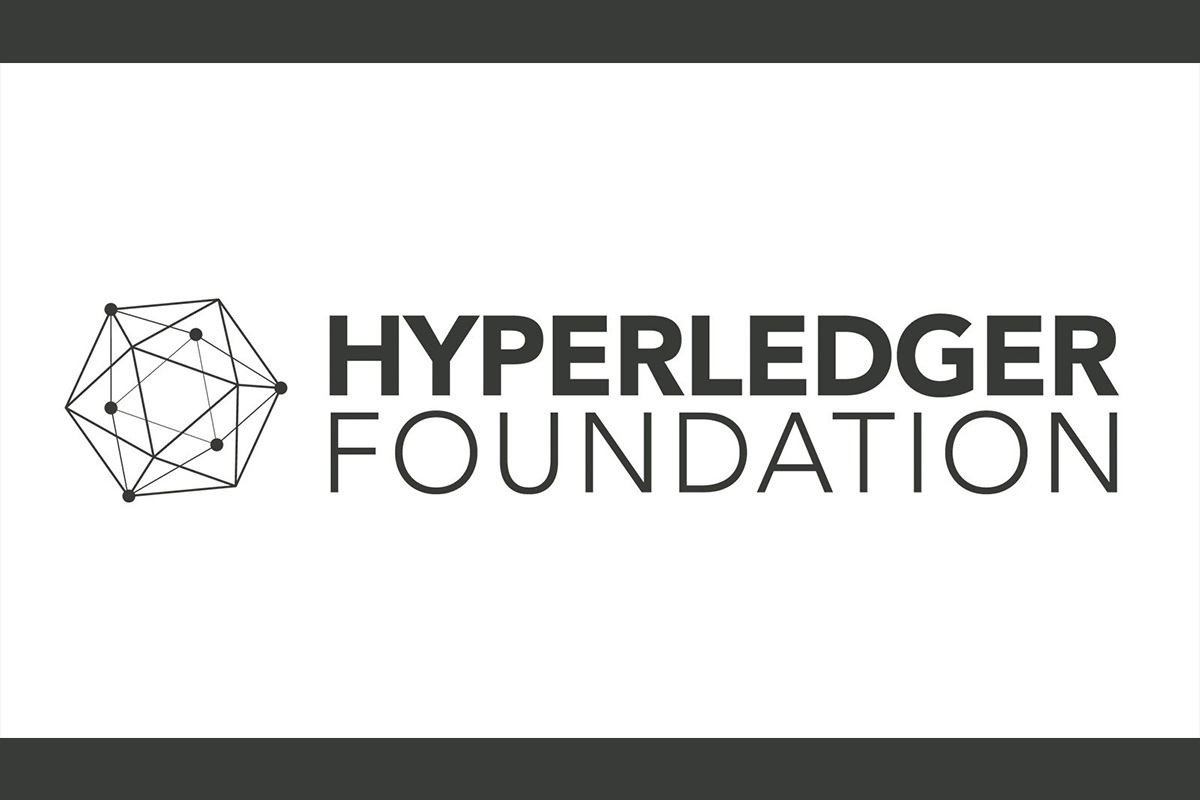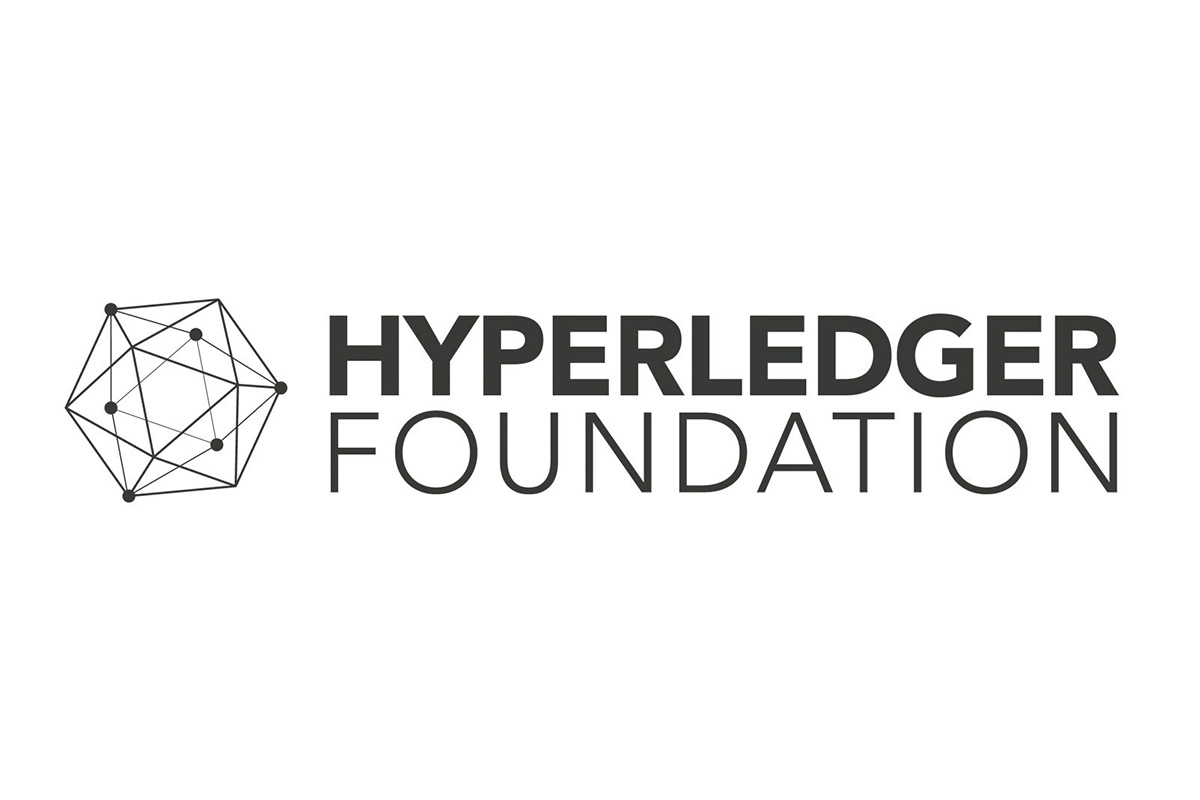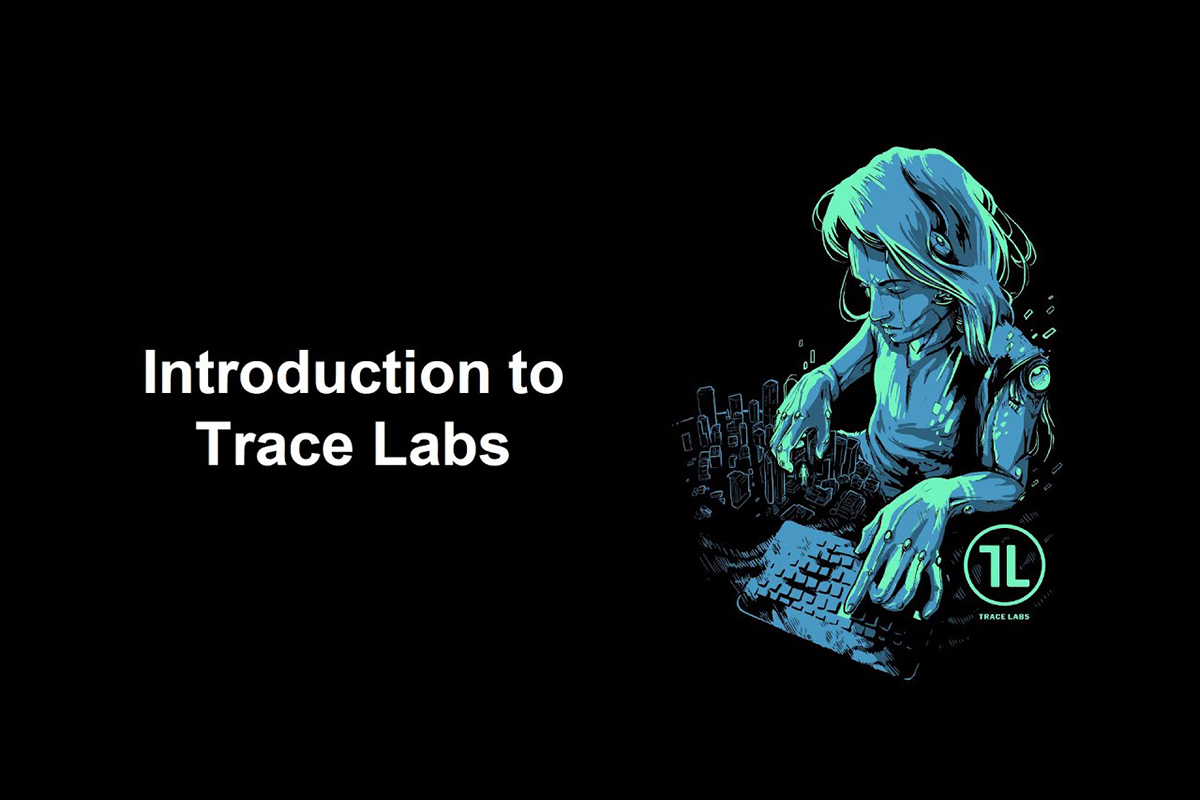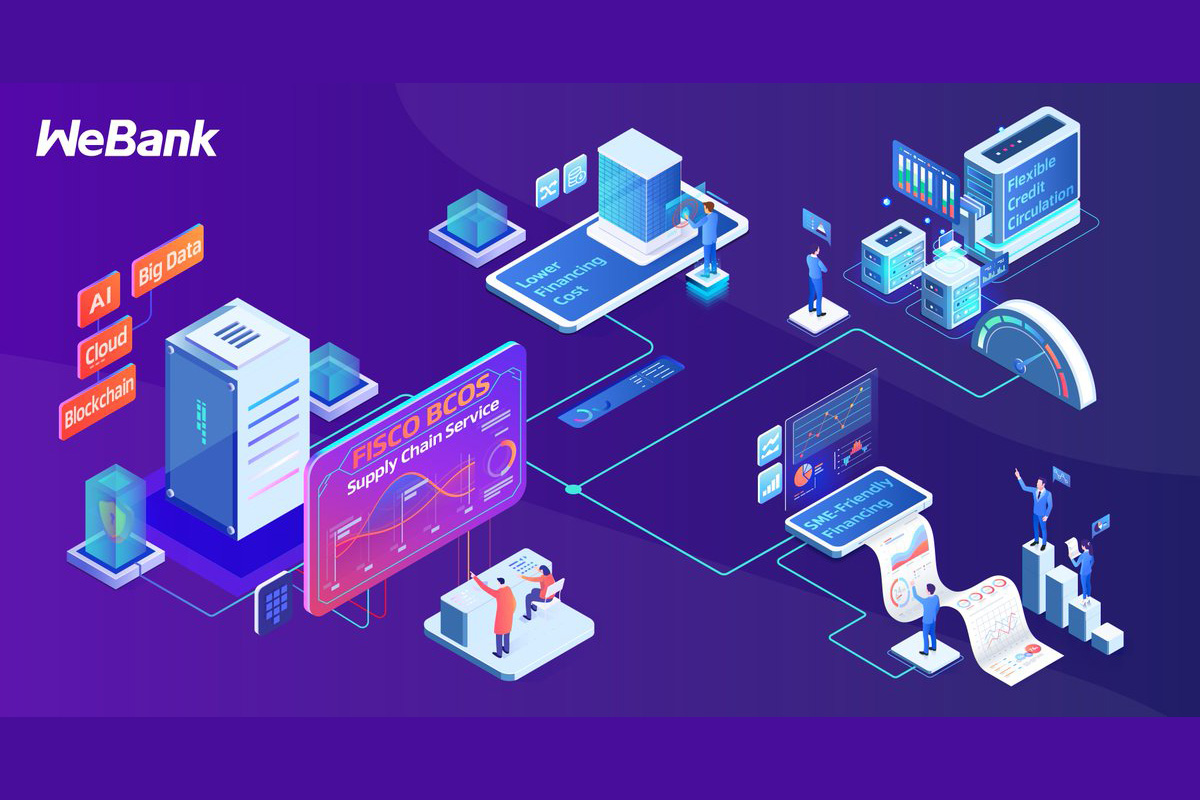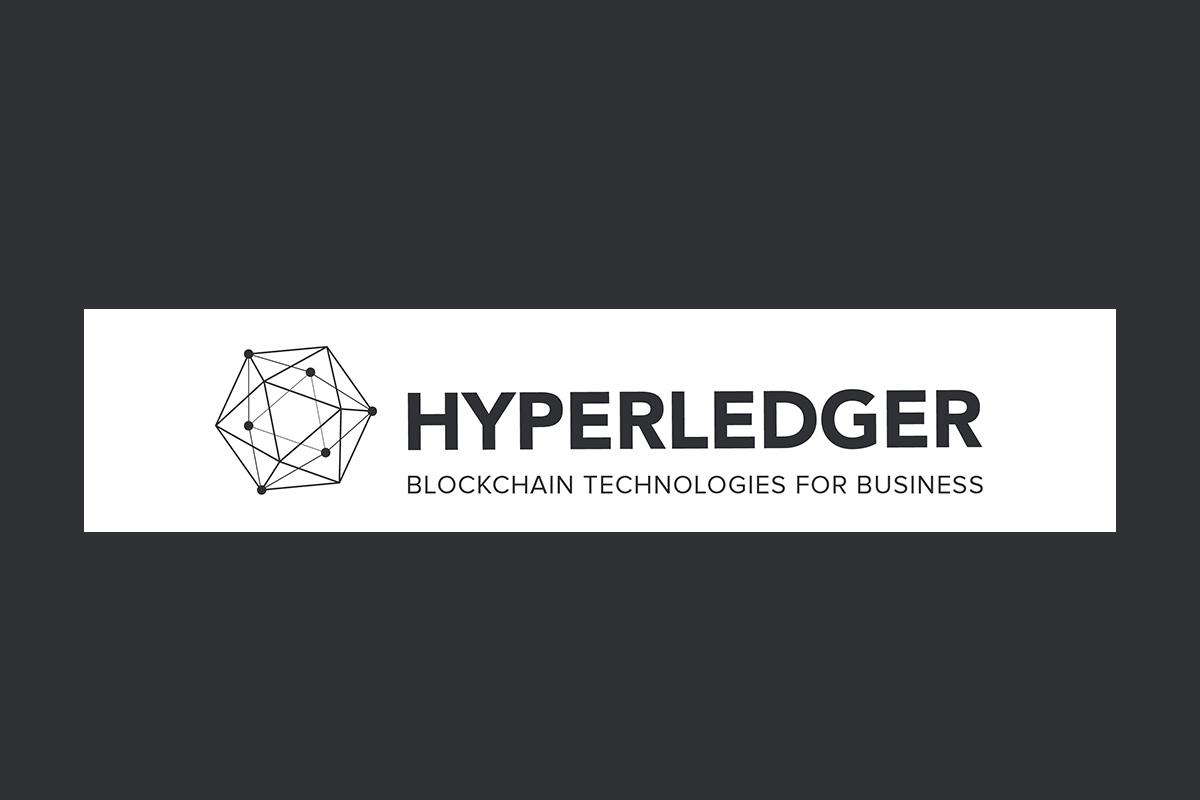Hyperledger Foundation, the open, global ecosystem for enterprise blockchain technologies, today announced news from across its diverse and expanding ecosystem at Hyperledger Global Forum 2022 (#HyperledgerForum, HGF). From launches and releases on the Hyperledger project front to new products, partnership, deployments and innovations from Hyperledger Members, there is a surround sound of developments being unveiled at this week’s event.
The opening keynote today addresses one of the biggest developments on the horizon. The talk, Hyperledger Besu and the Upcoming Merge, will feature Tim Beiko of the Ethereum Foundation and Hart Montgomery, CTO of the Hyperledger Foundation.
Other keynotes taking place today include:
- Blockchain as a Public Good: How Public Infrastructure Networks are Driving Adoption and Making an Impact across Europe and Latin America – Juan Jiménez Zaballos, Alastria; Ilan Melendez Lugo, LACChain / LACNet; Hilary Carter, Linux Foundation
- ESG with a Bit of Help from Indy – Dr. Andreas Kind, Vice President Cybersecurity & Trust, Siemens AG
- Decentralized Identity: Where We Are and Where We Going – Heather Dahl, CEO, Indicio; Kaliya Young, Identity Expert, Identity Woman; Marie Wallace, Distinguished Engineer, IBM; Drummond Reed, Director of Trust Services, Avast
Free live streaming of keynotes is available here.
“The energy and excitement of the global Hyperledger community is on full display here at Hyperledger Global Forum,” said Daniela Barbosa, Executive Director, Hyperledger Foundation, and General Manager Blockchain, Healthcare and Identity at the Linux Foundation. “From demos and workshops to keynotes and case studies, there is endless evidence of the scope and scale of what we are building together and the growing market impact of this collective work. And, as this line-up of news from across the community shows, we are just getting started. The innovation and adoption will only accelerate from here.”
Project and Ecosystem News
New Project: Hyperledger Solang
The Hyperledger Technical Steering committee approved a new project, Hyperledger Solang, which is a compiler for Solidity source code and targets different blockchains. The Solidity programming language is the most popular language for smart contracts, and there is clear interest from many blockchains to have support for it. Although some blockchains emulate an EVM environment to maintain compatibility with Solidity built with Solc, they then cannot access features that are missing from Ethereum. Hyperledger Solan offers the ability to compile Solidity to the native execution environment, opening up access to new features and creating many possibilities for innovation in the Solidity language.
Currently, Hyperledger Solang supports Solana and Polkadot (Substrate).
Hyperledger FireFly 1.1 Release
A new Hyperledger FireFly release, version 1.1, includes new functionality that makes it possible for FireFly users to deploy multiple blockchain applications connecting to multiple chains from a single console. The FireFly Supernode now supports two operation modes: Web3 Gateway and Consortium. Web3 Gateway mode configures the FireFly Supernode to connect to a number of chains with transaction orchestration and state indexing. A revamped and expanded connector framework now includes EVMconnect, a robust connector for simple connection management to public blockchains with templates available for Ethereum, Polygon, Avalanche, Optimism, BNB Chain, and more. Consortium mode activates a number of capabilities for FireFly nodes to connect in a B2B network and exchange data through off-chain and on-chain rails. FireFly also now supports multi-tenancy through the use of namespaces. These new features enable enterprises to accelerate their web3 adoption.
Creation of Hyperledger Cacti
In a Hyperledger first, the community has decided to merge two systems (architectures as well as code bases). Hyperledger Cactus and Weaver, a Hyperledger Lab, will come together to be Hyperledger Cacti, a multi-faceted interoperability platform that will draw on the cutting-edge technical features of Cactus and Weaver and provide a clear path forward for users of both technologies.
Hyperledger Besu Client Incentive Program Kicks Off
The Ethereum Foundation (EF) has opted to include Hyperledger Besu in the Execution Layer Client Incentive Program (ELCIP) to foster the community development of enterprise-grade blockchain software. The program, which kicks off with the Merge, will provide execution-layer client teams with locked ETH in the form of live validators to be released according to certain milestones, including post-merge performance and progress towards enabling withdrawals from the beacon chain.
Hyperledger Besu is one of the top three most popular Ethereum execution clients according to Ethernode. EF is making this strategic investment to engage the Hyperledger Besu community in ensuring a diversity of clients and overall health of the network.
“The diverse community is what makes Ethereum special, empowering from builders in underserved or emerging economies to leading enterprises and beyond,” said Aya Miyaguchi, Executive Director at Ethereum Foundation. “Similarly a diverse client distribution helps keep Ethereum distributed and healthy, and I applaud the Hyperledger Besu team for their Execution Layer work for Ethereum, and wish you all a great Global Forum this year.”
New, Free “Getting Started with Self-Sovereign Identity” Course
To make it easier for enterprises to implement Self-Sovereign Identity (SSI) to put their users at the center of their digital identity, Linux Foundation Training & Certification has released a new online training course, Getting Started with Self-Sovereign Identity (LFS178x). The free, six-to-seven hour course is geared to business and government decision makers looking to get started with SSI on a solid foundation. The course provides a 360 degree overview of its evolutionary journey, key concepts, standards, technological building blocks, use cases, real-world examples and implementation considerations.
Hyperledger Foundation is also hosting an In-depth Member Webinar with Indicio on “Scaling verifiable digital credentials using open source technology” on October 5.
Hyperledger Member News
BTP – announced the general availability of its blockchain-backed, domain-agnostic provenance solution Chronicle. Organizations across industries can now take advantage of Chronicle’s capabilities, and keep immutable provenance records that capture the origin and life journey of their physical and digital assets, including ownership history. By recording it on a distributed ledger, provenance information becomes more trustworthy, and its management is more efficient. Chronicle is available with Hyperledger Sawtooth as its default backing ledger, with support for other industry-leading distributed ledgers in the pipeline. Read the full press release here.
BTP – upgraded its blockchain management platform Sextant, by adding support for the distributed ledger software Hyperledger Fabric 2.0. Fabric is now joining Hyperledger Besu and Hyperledger Sawtooth, which the company’s clients have already been using in production. Sextant’s makeover also includes a marketplace for deployments that will allow users to easily select the option that best suits their needs and use case requirements. Chronicle on Sawtooth will now appear as a new deployment option – in this marketplace – that clients can choose. Read the full press release here.
Espeo Blockchain – recently connected Microsoft Sharepoint technology with a transparent and immutable layer of Hyperledger Fabric for HLB, which is a global network of independent advisory and accounting firms. The new blockchain backend is a game changer in terms of transparency. It’s because only verified, approved and standardized data points will be added to the blockchain ledger. At the same time, users still work with the same Microsoft UI they are used to. That enables member firms to access and verify referral and project data in real-time. It also eliminates the need for a siloed process of reconciliation, which makes settlements far simpler and more reliable. More information is available at https://espeoblockchain.com/
Indicio – recently announced the launch of Indicio Proven , a complete, open source solution for authenticating and sharing high value data in a privacy-preserving way using verifiable digital credentials. Built on Hyperledger Aries, Hyperledger Ursa, Hyperledger Indy, AnonCreds, and DIDComm, Proven is designed to make implementing and using these open source codebases simple, providing users with a fully-owned solution that’s easy to integrate with existing systems, to innovate on, and to scale. Proven uses the Indicio Network (TempNet, TestNet, DemoNet, MainNet), a professionally maintained, enterprise grade Hyperledger Indy-based network for the exchange of verifiable credentials. Learn more at Indicio.tech.
, a complete, open source solution for authenticating and sharing high value data in a privacy-preserving way using verifiable digital credentials. Built on Hyperledger Aries, Hyperledger Ursa, Hyperledger Indy, AnonCreds, and DIDComm, Proven is designed to make implementing and using these open source codebases simple, providing users with a fully-owned solution that’s easy to integrate with existing systems, to innovate on, and to scale. Proven uses the Indicio Network (TempNet, TestNet, DemoNet, MainNet), a professionally maintained, enterprise grade Hyperledger Indy-based network for the exchange of verifiable credentials. Learn more at Indicio.tech.
IoBuilders – has coordinated, designed and implemented a digital bond platform as partner of the Spanish Stock exchange BME. Using the platform, the Inter-American Development Bank (IDB), with the help of BBVA, issued a two year $10 million blockchain-based bond, the first Spanish bond to be listed on a regulated market. The platform uses a private network based on Hyperledger Besu Ethereum client, where the bond and the money are tokenized, and overall security and cash payment are settled. Read more about it here.
Kaleido – has introduced support for enterprise App Chains, an exciting technology allowing the creation of highly scalable, application-specific chains that can connect to the Web3 ecosystem via bridges or rollups. The first App Chain framework to be supported on the Kaleido Platform is Polygon Edge, and we have formed a partnership with Polygon to accelerate enterprise web3 adoption. Kaleido is also pleased to announce that Hyperledger FireFly version 1.1 is now supported on Kaleido’s Blockchain Business Cloud. With the new functionality in FireFly, users will be able to manage multiple blockchain use cases from a single console and connect with leading public blockchains including Ethereum, Polygon, Avalanche, Optimism, BNB Chain, Arbitrum, Moonbeam, Fantom and more.
The National FinTech Center at Morgan State University – announced The 3rd Annual National HBCU Blockchain and FinTech Conference. This conference is The Center’s premier event for connecting with university leaders, faculty, and students discussing today’s challenges and opportunities, and shaping the future of FinTech education and research. On November 06-08, 2022 in Orlando, FL, The National FinTech Center will provide a forum for the faculty, students, and administrators in the FinTech Center’s HBCU Network to hear and discuss the findings of sponsored research, outcomes of sponsored innovative blockchain projects at various HBCUs, FinTech workshops, and HBCU Presidents’ Summit: Digital Transformation, Research, and Education at HBCUs. Click HERE for more information. Any questions, please contact [email protected].
SIMBA Chain – recently released SIMBA Blocks, a Smart-Contract as a Service platform. Blocks allows users to build on private, public and hybrid chains, including Hyperledger Fabric, with no chain lock-in. The SIMBA Blocks platform auto-generates virtual REST APIs that connect to smart contracts on various protocols – letting you write once and deploy to many with minor configuration. These chain-agnostic APIs simplify application integrations, reducing deployment times by weeks or months. Learn why companies like Boeing (using Hyperledger Fabric to track F/A-18 parts across four data warehouses) rely on SIMBA Chain for their blockchain solutions at simbachain.com.
Zeeve – introduced a major upgrade to its platform, a best-in-class offering for enterprise-grade Hyperledger Fabric automation. Now users can add more organizations to their deployed Hyperledger Fabric networks on runtime and scale up/down the number of nodes. Zeeve has also improved network monitoring & alerting and added the ability to directly download connection profiles of Fabric networks to applications. In addition, in addition to support for Golang, Zeeve has added NodeJS chaincodes support in CD pipelines using Zeeve CLI. Learn more: https://www.zeeve.io/blockchain-protocols/deploy-hyperledger-fabric/
Zeeve – launched IPFS as a service for decentralized applications with two options:- endpoints and dedicated nodes. The focus has been to make it very easy for any business application to switch to the power decentralized file storage without having to worry about the learning curve of infrastructure or development. This has been possible with the ZDFS (Zeeve Distributed File System) service, which allows users to have dedicated or shared endpoint services for IPFS, while ZDFS SDK makes integration with IPFS very seamless. Users can create access credentials for their applications for data APIs as well as pinning services of IPFS. IPFS comes with console-based resource management and an in-depth analysis of consumption for ZDFS services. Learn more: https://zeeve.io/zeeve-distributed-file-system/

